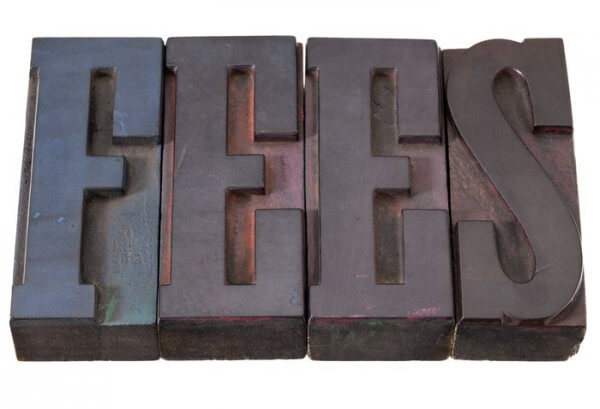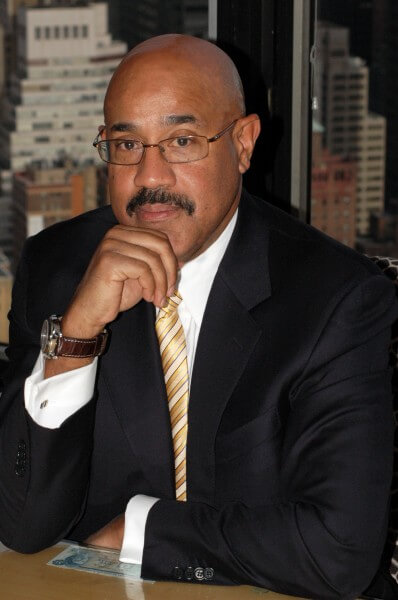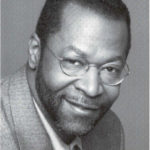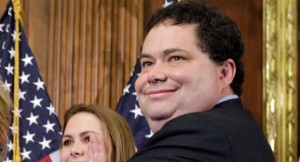
MUSIC LICENSING!
The issue the industry has been fighting over for quite some time.
Does Radio need to PAY MORE than BMI, ASCAP, SESAC usage fees?
Guest Blogger Mitch Faulkner
Radio has gotten into deep water with this issue since the internet music services began super serving music lovers and paying huge fees for the use of the music. As we all know there are other sources for music online and they are being taxed a lot heavier than Broadcast Radio for use of recorded music. I do not have to list Pandora, Spotify and the list that is continuing to grow. The concern now is that the music industry claims that the radio industry makes Billions of dollars playing recorded music and the Musicians, Performers are not getting their fair share of the pie!
Those of us in radio say we have been paying the BMI’s of the world for years however when we play the music we are providing FREE promotion for the Artist and labels involved! Lets just say that a 60 sec spot on your station runs for $200.00 and you play a 3 minute song let them pay us 600.00 per spin and as the song escalates to (5) spins a day we will invoice the Artist/label for $3000.00 per day.
Lets see some math here if we have a 65 song playlist for currents that means we (radio) could earn $195,000.00 per day! Sounds good? Pay to play is a great idea for radio right? But we will wind up with garbage music that may not relate to the audience and lose numbers for sure! But the recorded music industry is standing it’s ground to make Radio Pays to Play their music.
Radio use to be the only source for music discovery but those days are long gone and we now fight for a coveted piece of the listeners who still find radio relevant. So surf the net and get informed on this because if it comes down to radio PAYING More to play the music, I think we know where the budgets cuts will come from, and who will be out looking in!
In the case of Pandora they do not actually pay the artist they pay Sound Exchange and they in turn pay the Artist, Here’s how SoundExchange distributes net royalties: 50% to the owner of the sound recording, 45% to the performing artist and 5% to the session musicians and backup singers. Net royalties are royalties less SoundExchange’s administration fee, which was 5.3%
For an example: If Pandora pays Sound Exchange $100,228 (the number cited in Pandora’s blog post) over the next 12 months to stream the music of Donnie McClurkin, only $42,712 will go directly to McClurkin as the performing artist. McClurkin will not receive the share given to the owner of the sound recordings, since he has released albums on Warner Alliance, Verity Records and Zomba Label Group. Those labels will split $52,204. Other musicians and backup singers will receive $4,746.
So as you can see even though Pandora has been said to fudge the actual numbers of how much they pay, but how many Donnie McClurkin spins can/will radio pay to keep Donnie in rotation.
Well Kevin, all the industry folk who follow TheIndustry.biz ….The headlines from the Radioink website sums it up. “START SAVING MONEY TO PLAY THOSE SONGS” It seems that all eyes and ears will be on Charles Warfield our long time Front office hero in Urban Radio and radio in general. If anybody gets it, it is Charles. Over the years we have watched Mr. Warfiled make moves in the industry without picking up a mic.
He has managed major Radio stations in top markets for years to include but not exclusive to Chicago, Philadelphia, Miami, Pennsylvania, Detroit, Los Angeles, and most recently New York just to name a few, if you have to ask who he is then you have no BUSINESS reading this! As it stands when the discussions continue in DC All industry eyes will be on Charles!
START SAVING MONEY TO PLAY THOSE SONGS

June 25. The beloved broadcaster will be radio’s main line of defense as, it appears, lawmakers are leaning toward making radio pay artists something for the use of their music. this week, the House Judiciary Committee started to address antiquated laws — from the 1940s — involving music licensing, both over-the-air and now over the Internet. While everyone was in agreement the laws are old, not in tune with today’s technology, and apply different rates to different distributors with very little reasoning, radio was in the crosshairs. Congressman Blake Farenthold (pictured right) from Texas is on the committee. Farenthold worked the midnight-to-6 a.m. shift at a local radio station when he was 15 years old and he seemed to be the only friend radio had yesterday. When we spoke to the Congressman after the hearing yesterday, ever he seemed resigned to the fact that radio will be paying something soon. “It looks that way now.”
Even though the NAB has been working to get signatures from lawmakers on its Local Radio Freedom Act, there are bills floating around the halls of Washington that would result in radio writing checks, The Songwriter Equity Act being one of them. Farenthold says that’s bad news for radio. “There are several pieces of legislation that would up what radio has to pay, bring the performers into it, and change the way ASCAP and BMI operate.
I think there is a lot of risk for increased cost for broadcasters. I think the committee is going to continue to hear from all the stakeholders. I always say that getting the government involved is like letting the bull loose in the china shop. If the content creators and the folks that deliver it can’t get together and negotiate a solution themselves, Congress is going to step in and is going to come up with something nobody likes.”
In addition, while many broadcasters look to the NAB for leadership on this, it may be time every broadcaster to look at how they can get involved. Farenthold agrees, it’s time to stop thinking the other guy is going to get things done for you. “I am worried that if folks in radio are not actively involved in lobbying — lobbying is not necessarily a bad word; it is reaching out and talking to your congressmen and women and explain what is going on — that they are going to get beaten by the songwriters and the artists who have pretty powerful folks up in Washington advocating for them.”
Well the process has already started and to see what happened in part one follow this link!
I will be back to keep you up to date with the activity as it continues, also follow this link until Mr. Warfield gets to speak on behalf of radio on June 25th. As you can see the first Speaker Mr. Protnow, President and Chief Executive Officer The Recording Academy, is not holding back as he fights for the Artist! There is video so find some time get your Popcorn and settle in for the message.
What is important here for us in the industry remains the same, be informed so you can make wise decisions in reference to your livelihood. Always remember change is good, it is only Bad if YOU do not change with it!




